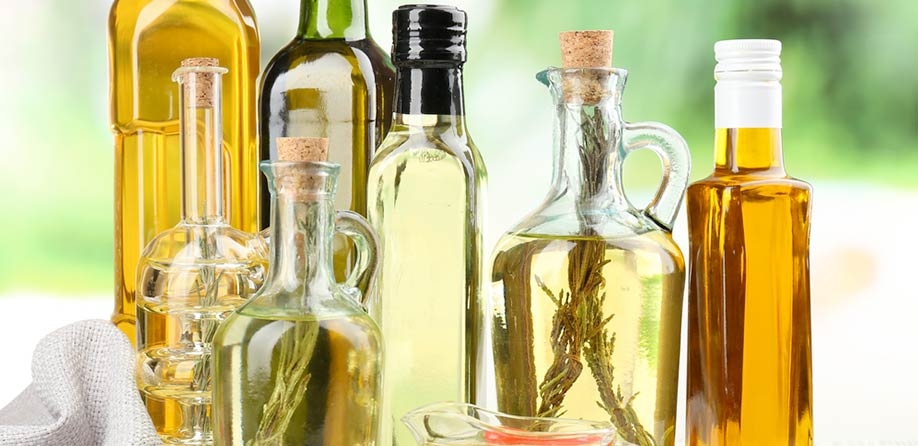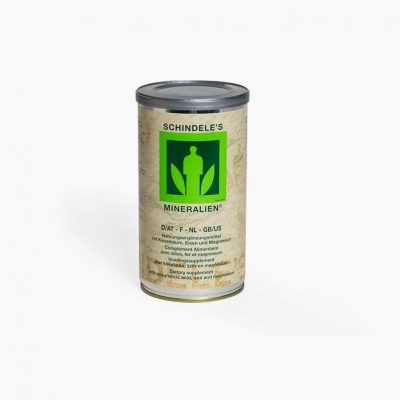
The Polyunsaturated Oil Epidemic
They sit on the grocery store aisles, appearing rather innocent. They are clear and odorless – mainly because they have been bleached and deodorized with chemicals after high-heat processing has turned them rancid. And yet they are actually touted as “health foods” that can save your heart.
They are polyunsaturated oils such as soy, canola and corn oil. They are industrialized oils, and they continue to damage the health of virtually all of us.
Why is polyunsaturated fat bad for your health?
The main difference between polyunsaturated fat and monounsaturated fat (such as coconut oil) is the structure. Monounsaturated fatty acids are linked by one double bond, but polyunsaturated fats are linked by multiple double bonds. This structure is unstable and wreaks havoc on the cells in your body. It contributes to oxidation and free radical damage in the body, which is linked to heart disease, cancer, Alzheimer’s Disease, autoimmune diseases and premature aging.
The instability of polyunsaturated fats is especially volatile during any kind of processing. Even small amounts of light, moisture, air or heat damage polyunsaturated fat. These oils cannot withstand exposure to heat when used for cooking, but they are still the main choice for restaurants and fast food joints because they are cheap and the claim “cooked in vegetable oil” sounds healthier to customers. The truth is that cooking with these oils makes them even more dangerous when consumed.
Another concern about consuming high levels of omega-6 fatty acids is they may interfere with the body’s production of prostaglandins. This can cause many adverse conditions in the body, including blood clots, sterility, poor immunity, indigestion, and cancer.
Too much omega-6 fatty acids can also interfere with the use of the very important omega-3 fatty acids in the body. And since polyunsaturated oils are used almost exclusively in conventional processed foods, it’s very easy for people to take in far more omega-6 fatty acids than their body can use. The omega-6 fatty acids in these oils essentially crowd out the omega-3’s, leaving health to suffer as a result.
What about the claims that polyunsaturated oils are good for your heart?
Some experts have advised the public to toss out traditional cooking fats such as coconut oil, and replace them with polyunsaturated oils. They claim this will save your heart, but heart disease is more rampant than ever, while we virtually soak our foods in polyunsaturated oils.
Historically, the evidence is hard to miss. Heart disease was a rare occurrence when most cultures consumed mainly saturated fats such as coconut oil, palm oil, butter, tallow and ghee. The rate of heart disease began to skyrocket in the mid-20th century – about the time that cheaply manufactured polyunsaturated oils became popular.
Hippocrates Pure Food-Grade Coconut Oil (organic, cold-pressed, undeodorised, unhydrogenated, extra-virgin, unbleached, unrefined) is available.




